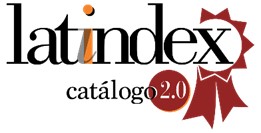El aprendizaje matemático de alumnos bilingües en Barcelona y Tucson
DOI:
https://doi.org/10.48489/quadrante.22849Keywords:
Mathematical learning, language diversity, bilingualism, classroom, social interactionAbstract
In this article, we address aspects of the participation and learning of bilingual students in the mathematics classroom. We draw on data from our studies with bilingual students from Latin America attending school in Barcelona, Spain, and with bilingual students of Mexican origin in Tucson, U.S. We attempt to show that even in two rather different realities, there are groups of students experiencing similar dilemmas and problems. Social theories of learning are used to interpret some of these problems. We assume that some forms of discourse limit the opportunities of participation in the classroom and the access to mathematical knowledge. For this reason, we analyze the classroom discourse through short episodes and interviews. Our findings in the two research contexts shed light on how the selection and use of one language instead of another in the mathematics class have an influence on the students’ participation.










